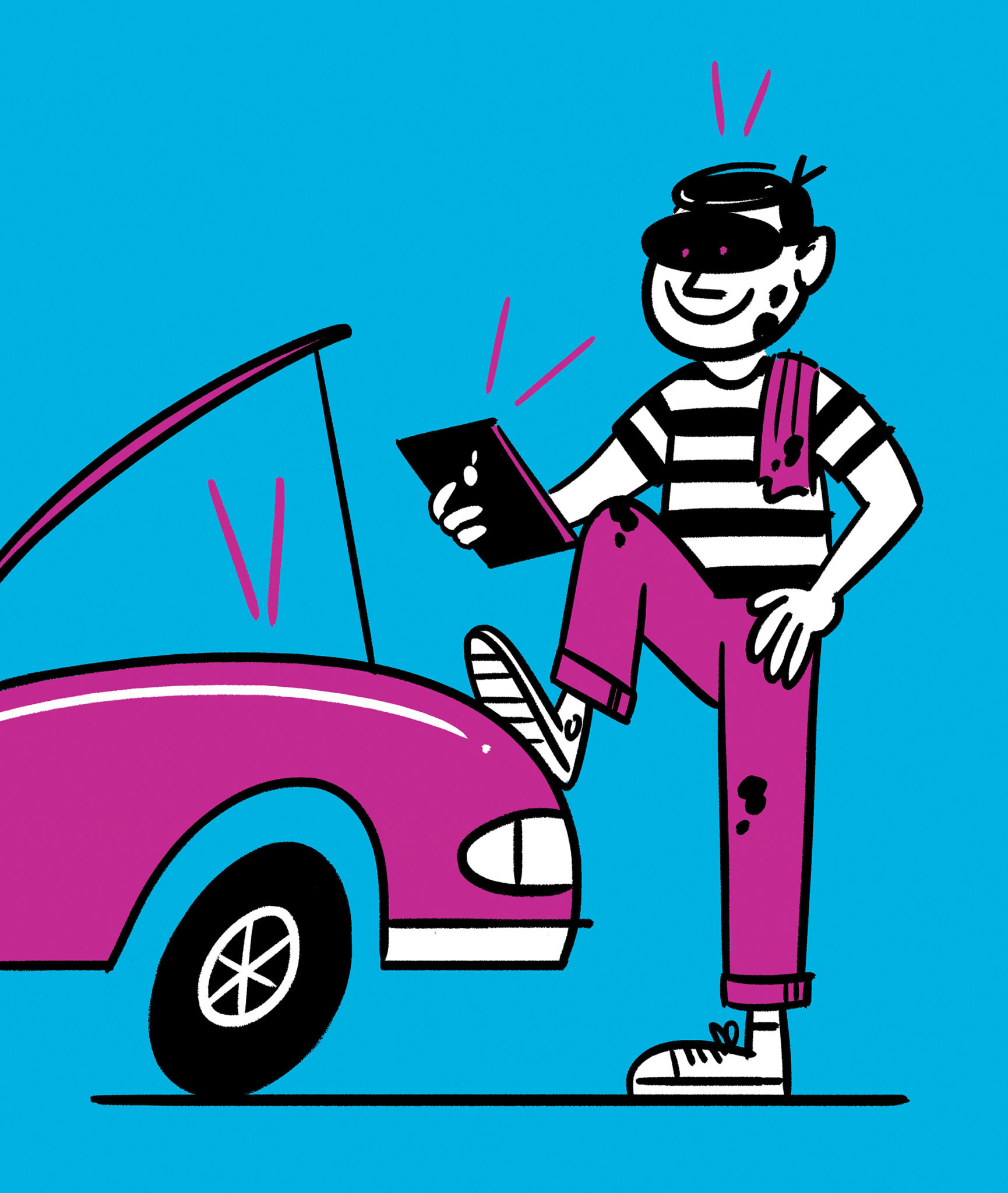A boardroom in downtown Edmonton is hardly the place one might expect to be found practising car maintenance or learning how to replace broken circuit breakers. But in the offices of Edmonton-based Scope AR, virtually anything is possible. Using augmented reality, the company designs smart instructions that provide workers with step-by-step guidance for manual tasks.
“With this technology, we’re giving people the ability to be an expert, whether they were trained on something five years ago, or never trained on it,” says David Nedohin, president and co-founder of Scope AR.
Holding a tablet to a circuitbox, Nedohin makes the maintenance process look easy. The screen of the tablet shows a computer-aided design model overlaying the real-life box, with animated instructions showing the steps that need to be taken to replace a broken breaker. He places the tablet down and performs the actions as outlined on the screen, picking it up again to get further instructions. Along the way, he pauses to take photos and verify the work has been done correctly. If something isn’t going well, he also has the option of video calling an expert for real-time troubleshooting.
“It’s sort of like FaceTime. You can call a senior, expert worker at home or in their office, and using this technology they can see what the employee on-site can see,” he says. “And they now have the ability to annotate or draw on it, showing someone exactly what needs to be done.”
The value of Remote AR, notes Nedohin, is both time saving and expertise. Older generations of workers, who may have done the same job for decades, are now reaching retirement, leading to a knowledge gap.
“We’re also seeing that younger workers are moving more than ever before. So they never get the depth of knowledge like previous generations had,” he says. “With AR, we can help those workers tap into an extensive bank of knowledge whenever they need. There’s no drawings to interpret, no manuals to check, just a screen showing them exactly what needs to be done.”
